But’s it’s all of them, all the words you say
Running through the infinite spaces there
Inside the brain, with micron-spans discharging.
Those words erupt like magma, not burning
But feeding a soul, serpentine with envy.
I am my own Iago, placing kerchiefs—
Fictions, corrosive as acid,
Black tar, pitch-thick and monstrous—
Along the vertebrae like spines that burn
At each kerchiefs unveiling; razors
Slash each rib, creating wounds subdermal
Until pierced. Then water flows Christ-like,
And the soul, love-sick, finds your words eternal.
Author Archives: hpgrass92
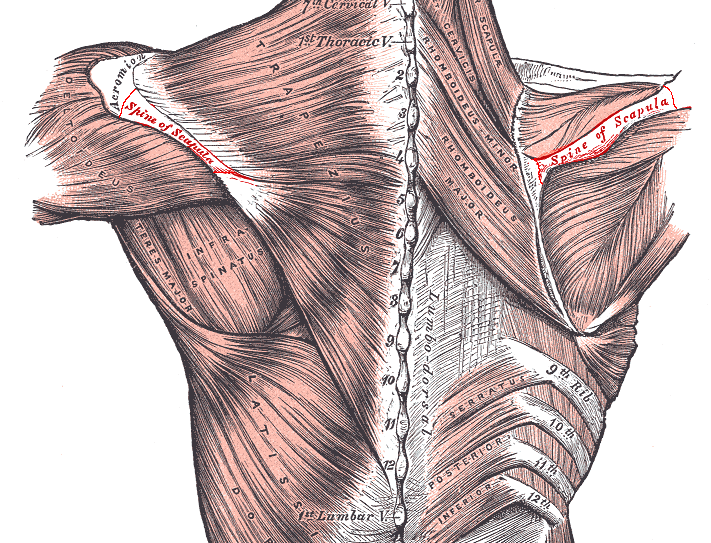

Original Poem: “Insomnia Before Travel”
Late night prayers go unanswered.
I, like Jonah under the tree,
Wait for God’s voice to come to me.
All that’s left is silence, awkward
As the with’ring sun in an unknown land.
Darkness begets darkness before dawn;
The crickets chirp as heat’s pawn.
The Sandman, short sold, offers no sand
To grace my eyes and quell my heart.
But the silence of undone deed
And unturned rock begin to bleed
My soul that is searching without art.
The clock ticks, and the hours chime—
Sleepless, mental gears turn in time.
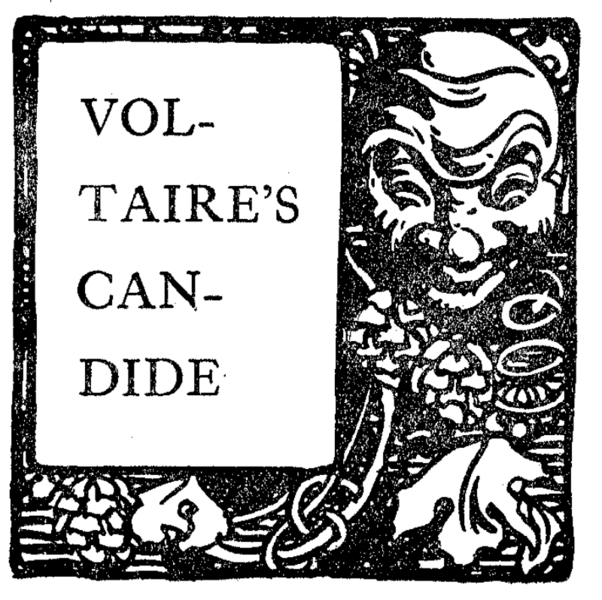
Original Translation: Candide by Voltaire, Chapter 1
Candide
or
Optimism
Translated from the German
of Dr. Ralph
with the additions that were found
in the pocket of the doctor
when he died in Minden
the year our Lord 1759.
Chapter 1
How Candide was raised in a beautiful chateau, and how he was driven from it
There was in Westphalia, in the chateau of Baron Thunder-ten-tronckh, a young boy to which nature had given the sweetest customs. His physiognomy announced his soul. He had a rather upright judgment, with the most simple mind; it is, I believe, for this reason he was named Candide. The ancient house servants suspected that he was the son of the baron’s sister and of a good and honest gentleman of the neighborhood, which this lady never wanted to marry because he had only been able to prove sixty and eleven quarterings, and that the rest of his genealogical tree had been lost by the injury of time.
The baron was one of the most powerful noblemen in Westphalia, since his chateau had a door and windows. His grand hall was even adorned with a tapestry. All the dogs in his barnyards composed a hunting pack when needed; his grooms were his whippers-in; the vicar of the village was his grand almoner. They all called him, “Monseigneur,” and they laughed when he told stories.
The baroness, who weighed around three hundred fifty pounds, by that attracted a very great consideration, and did the honors of the house with a dignity that rendered her still more respectable. Her daughter Cunégonde, aged seventeen years, was high in color, fresh, fat, appetizing. The son of the baron appeared in all worthy of his father. The tutor Pangloss was the oracle of the house, and the little Candide listened to his lessons with all the good faith of his age and his character. Continue reading
Return from Hiatus
For those of you haven’t noticed, I’ve been quite absent from this blog for the past three months or so. Now that the holidays are over and a new year has commenced, I am glad to say that I will recommence regularly posting to this blog. Here is a preview of projects that I will be working on in the coming weeks:
- An original translation of Candide by Voltaire: a wonderful picaresque satire lampooning Leibnizian optimalism. The French prose isn’t particularly difficult, but it is certainly worth practicing.
- More original poetry: I took a break from writing poetry—by circumstance, not by choice—and I must continue to improve and to expand my horizons.
- The Anthology continues: I also need to continue developing my anthology of poems I find inspirational, meaningful, and thought-provoking. Since I am constrained by copyright for publishing some poems here, I will likely stick to classics. This is not to say poetry published in recently won’t show up in my personal anthology; it just won’t show up here.
Of course, I may also begin posting actual blog posts in the near distant future, but I truly have more fun waxing poetic than arguing polemic.

Sonnet 116
Let me not to the marriage of true minds
Admit impediments. Love is not love
Which alters when it alteration finds,
Or bends with the remover to remove:
O no; it is an ever-fixèd mark,
That looks on tempests, and is never shaken;
It is the star to every wandering bark,
Whose worth’s unknown, although his height be taken.
Love’s not Time’s fool, though rosy lips and cheeks
Within his bending sickle’s compass come;
Love alters not with his brief hours and weeks,
But bears it out even to the edge of doom.
If this be error and upon me proved,
I never writ, nor no man ever loved.
—William Shakespeare (1564-1616)
“Upon Nothing”
Nothing! thou elder brother even to Shade:
That hadst a being ere the world was made,
And well fixed, art alone of ending not afraid.
Ere Time and Place were, Time and Place were not,
When primitive Nothing Something straight begot;
Then all proceeded from the great united What.
Something, the general attribute of all,
Severed from thee, its sole original,
Into thy boundless self must undistinguished fall;
Yet Something did thy mighty power command,
And from fruitful Emptiness’s hand
Snatched men, beasts, birds, fire, air, and land. Continue reading
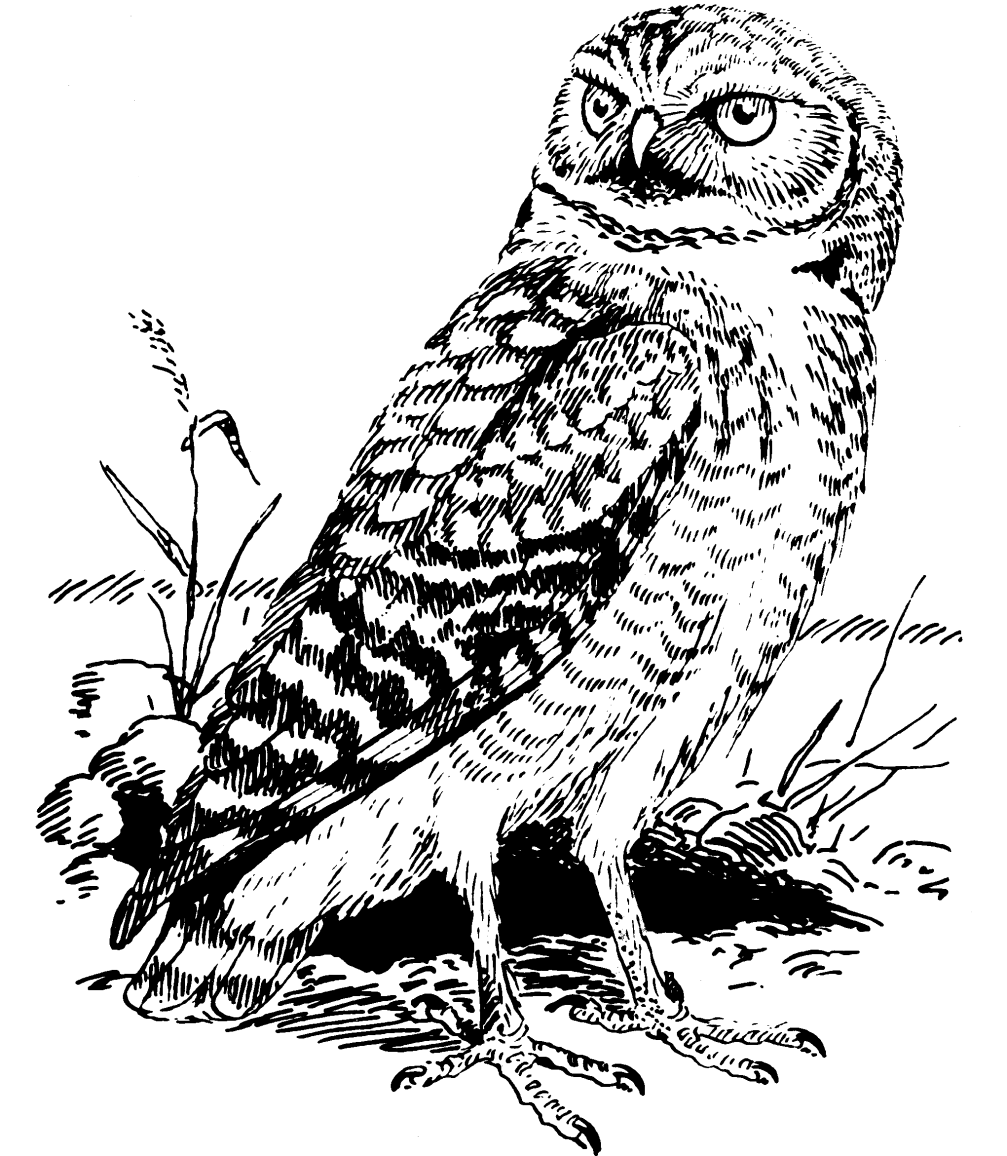
Original Translation: “Circonspection”
I received the 2013 French Poetry Translation prize at St. John’s College in Annapolis, MD for this translation of Paul Verlaine’s poem “Circonspection”. The original French can be found below the translation.
Give your hand, hold your breath, let us take up our seat
Under this giant tree where the breeze comes and dies
Under the grey branches, in its unequal sighs,
That the light of the moon caresses, pale and sweet.
Unmoved, let us lower our eyes towards our feet
Let us not think, but dream. We leave them in their guise
Love which is fatigued and the happiness that flies
And our hair being brushed as the wings of owls beat.
Let us forget to hope. Discreet and contained
Each soul, the two of ours, still continues maintained
In this calm and serene death of the sun’s ember
In the nocturnal peace let’s silently adjourn:
It is not good to go disturbing the slumber
Of Nature, that god so fierce and yet so taciturn.
Donne ta main, retiens ton souffle, asseyons-nous
Sous cet arbre géant où vient mourir la brise
En soupirs inégaux sous la ramure grise
Que caresse le clair de lune blême et doux.
Immobiles, baissons nos yeux vers nos genoux.
Ne pensons pas, rêvons. Laissons faire à leur guise
Le bonheur qui s’enfuit et l’amour qui s’épuise,
Et nos cheveux frôlés par l’aile des hiboux.
Oublions d’espérer. Discrète et contenue,
Que l’âme de chacun de nous deux continue
Ce calme et cette mort sereine du soleil.
Restons silencieux parmi la paix nocturne :
Il n’est pas bon d’aller troubler dans son sommeil
La nature, ce dieu féroce et taciturne.
—Paul Verlaine (1844-1896)
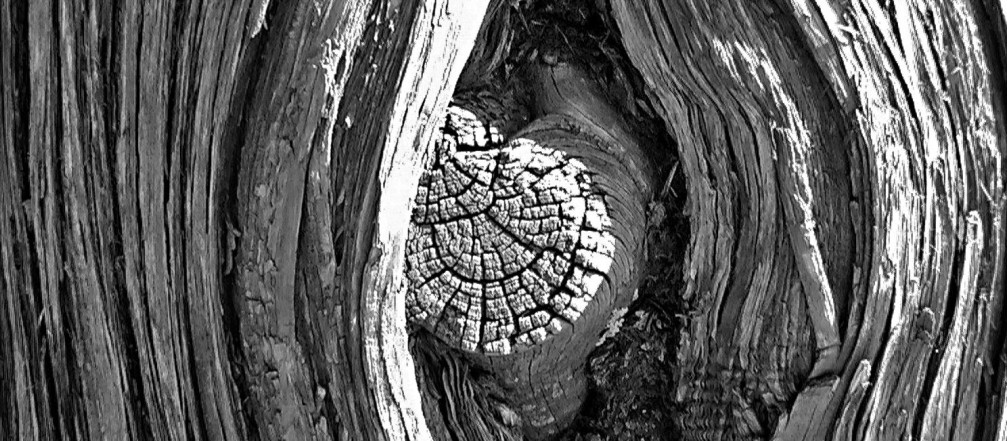
Original Poem: “Raw Wood”
Raw wood ringed with knots
Clashes two-tone with shining stainless
Steel; chalk clings to grey paint.
Autumn, early, will turn desert next
the bare trees, now brazen.
Shadows will cling to winter’s pall
like condensation…
Dripping as short hours turn
to long nights; we toast.
The foam sprays the cup’s edge.
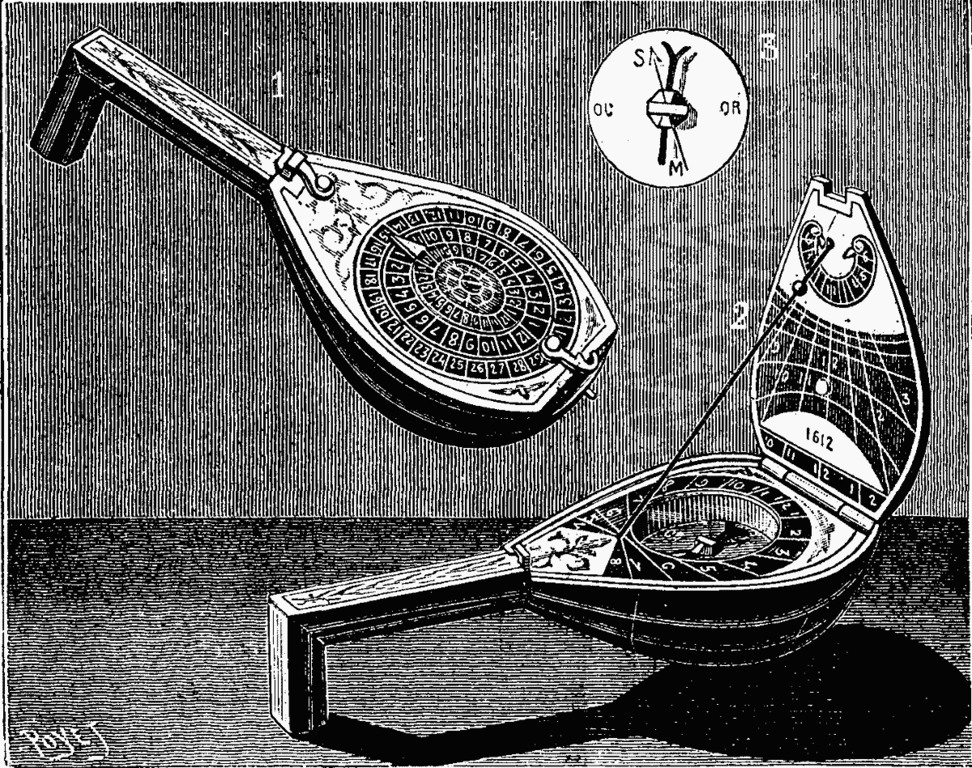
Original Translation: “J’ai tant rêvé de toi”
I received the 2014 French Poetry Translation prize at St. John’s College in Annapolis, MD for this translation of Robert Desnos’ poem “J’ai tant rêvé de toi”. The original French can be found below the translation.
I have so dreamed of you that you lose your reality.
Is there still time to reach that living body and to kiss on that mouth the origin of the voice that is so dear to me?
I have so dreamed of you that my arms accustomed in embracing your shade to crossing themselves on my chest would not bend to the contour of your body, perhaps.
And that, before the real apparition of that which haunts me and governs me for days and years, I would become a shade without a doubt.
O sentimental balances.
I have so dreamed of you that there is no more time, without a doubt, that I might wake myself. I sleep standing, the body exposed to all the apparitions of Life and Love and you, the only one that counts now for me, I would be less able to touch your brow and your lips than the first lips and the first brow come.
I have so dreamed of you, so walked, talked, lain with your phantom that there remains no more for me perhaps, and even so, than to be a phantom amongst the phantoms and a hundred times more shade than the shade that promenades and will promenade cheerfully on the sundial of your life.
J’ai tant rêvé de toi que tu perds ta réalité.
Est-il encore temps d’atteindre ce corps vivant et de baiser sur cette bouche la naissance de la voix qui m’est chère?
J’ai tant rêvé de toi que mes bras habitués en étreignant ton ombre a se croiser sur ma poitrine ne se plieraient pas au contour de ton corps, peut-être.
Et que, devant l’apparence réelle de ce qui me hante et me gouverne depuis des jours et des années, je deviendrais une ombre sans doute.
Ô balances sentimentales.
J’ai tant rêvé de toi qu’il n’est plus temps sans doute que je m’éveille. Je dors debout, le corps exposé a toutes les apparences de la vie et de l’amour et toi, la seule qui compte aujourd’hui pour moi, je pourrais moins toucher ton front et tes lèvres que les premières lèvres et le premier front venu.
J’ai tant rêvé de toi, tant marché, parlé, couché avec ton fantôme qu’il ne me reste plus peut-être, et pourtant, qu’a être fantôme parmi les fantômes et plus ombre cent fois que l’ombre qui se promène et se promènera allègrement sur le cadran solaire de ta vie.
—Robert Desnos (1900-1945)
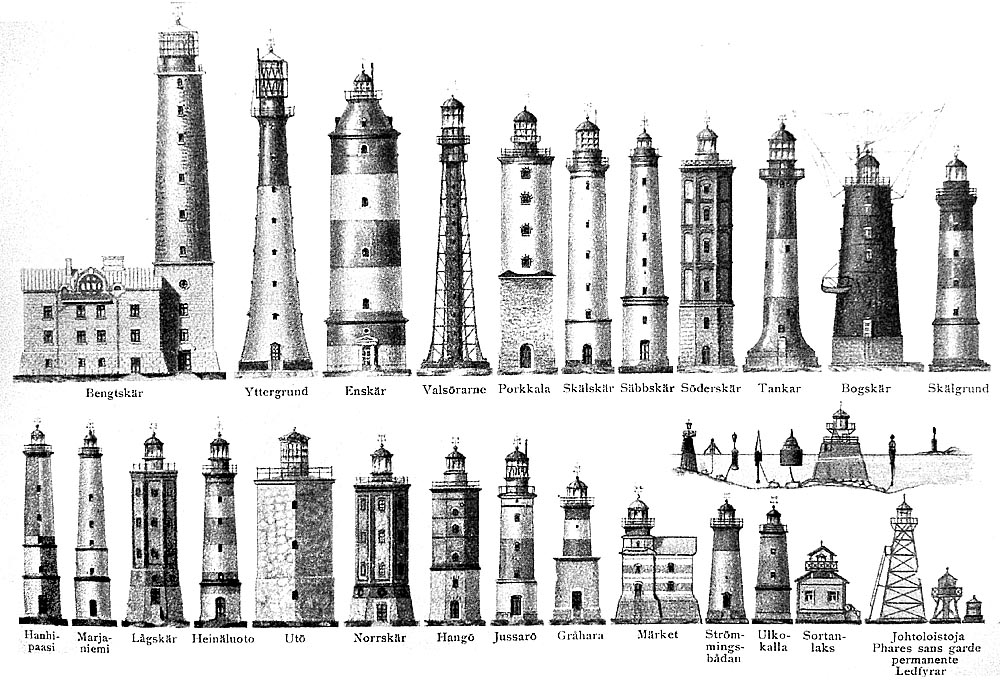
Original Poem: “Poem from an Unknown Admirer”
Upon what pillows do thoughts rest at night?
Thoughts thick with doubt and languorous desire
can merely tumble in search of true fire.
On which bed will my thoughts of you alight?
Men only hope of safe harbor in spite
of the the lighthouse pointing out straits so dire;
Is that not a passion ceasing to tire?
I truly wish to claim that burning right.
Let us descend from this poetic cloud;
For it is clear which serenade you need:
To hear a heart that’s musical, not proud
And to feel your mind’s natural lead.
Search for this song in faces heavy-browed
—Only these men answer the songs in deed.
